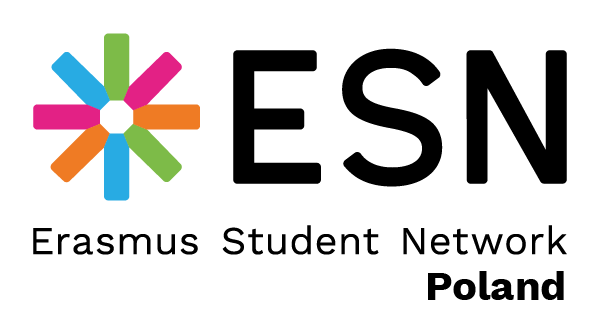You’re probably wondering what could possibly surprise you during your Erasmus stay in Poland. It all depends on the distance between the place you’re coming from and Poland ;) But the one thing that with no doubt surprises each and everyone is the weather. Fickle, unpredictable, capricious. It can be freezing cold in the morning and then suddenly warm in the afternoon, or it can sometimes rain and snow at the same time. However, despite all those weather anomalies, it’s really cool here ;)
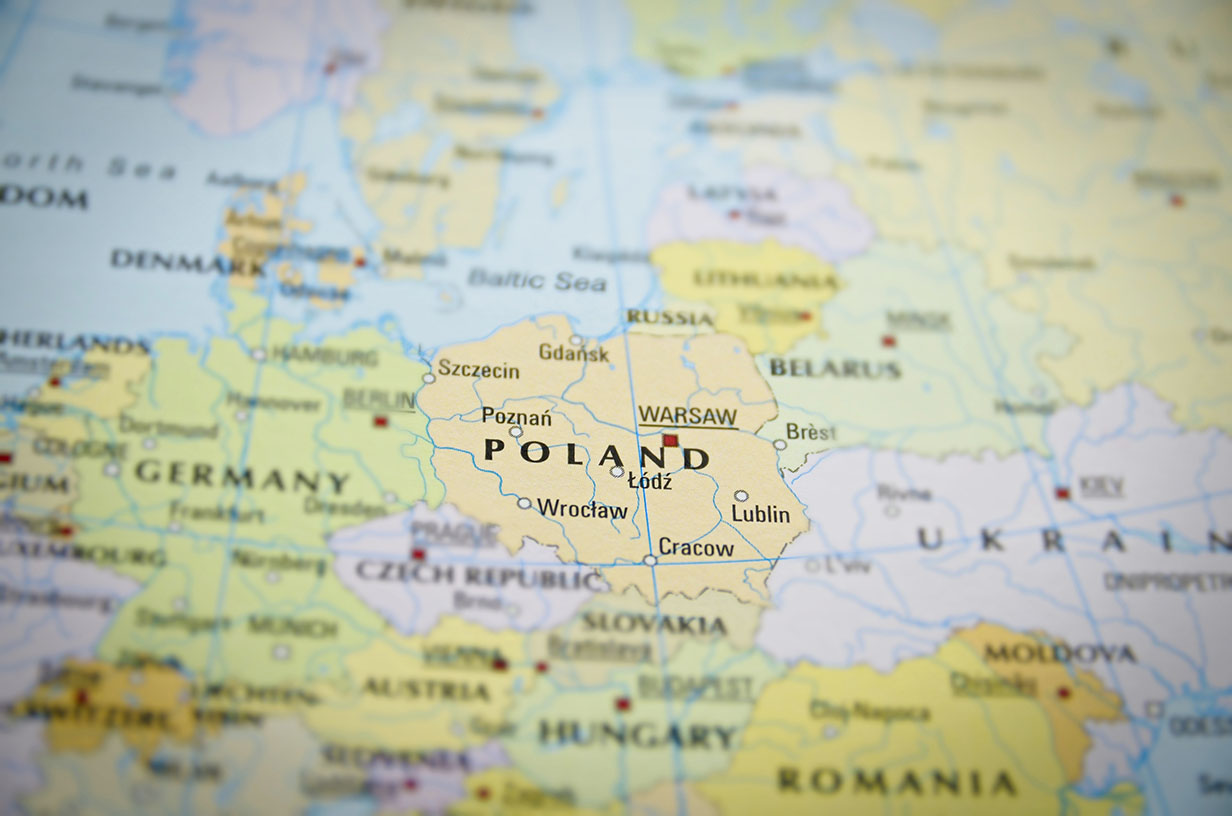
Weather
It doesn’t matter when you intend to come to Poland, it’s always good to have clothes for both warmer and colder days. If you’re staying here in the winter semester, be sure to take winter clothes with you: a jacket, waterproof boots, mittens, a hat, and a scarf. Some pullovers and jumpers as well. Don’t forget about autumn clothes though, something for 10-13˚C. Regardless of the season, an umbrella or a waterproof jacket and wellingtons will come in handy. When it comes to the summer semester, the temperature can vary even between 5 to 25˚C, which is why it’s important to remember about a wide range of different clothes too.
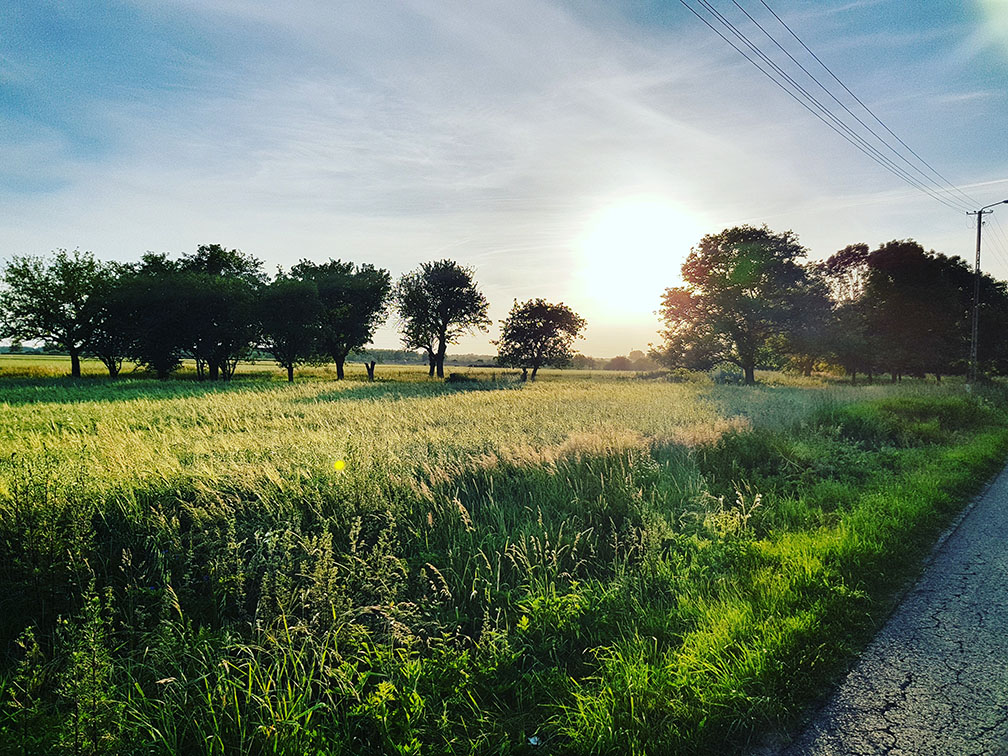
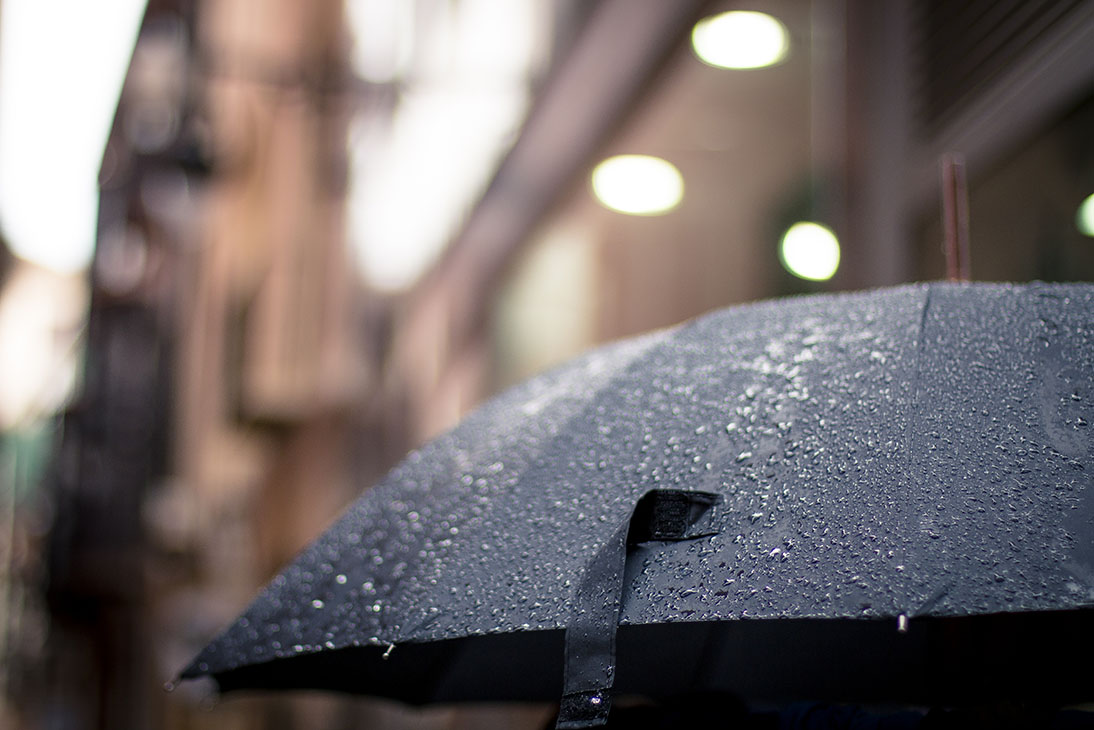
Prices
The cost of living depends largely on the city to which you’re going. The smaller it is, the cheaper it is. True, the prices in supermarkets are the same but rent and restaurant prices can be significantly lower.
- The cost of renting a room in a big city varies between 600 and 1200zl, while in small cities, it’s possible to find a studio for the same price. The cost also depends on the location, facilities, and the state in which the flat is. The cheapest option is to get a place in a dorm provided by some of the universities. It’s true that it might be difficult to find something before the arrival, which is why it’s a good idea to get into the subject earlier and look for flats which the students from the previous semester are emptying at the moment. If you’d like to use the help of an agency specializing in renting places for a short period of time, we recommend Pepe Housing, they’ve got ESN discounts! ;) It’s also worth checking Facebook for any accommodation groups for Erasmus students. It could be easier to find a flatmate there.
- As a country outside of the Euro zone, Poland is a fairly cheap place for foreigners. The Polish zloty equals about 0,23 euro (of course, it varies with the current exchange rate). You must be curious about the costs of eating in restaurants – in big cities, a meal costs around 5-10 euros, and most of the places offer lunch menus often up to 5 euros! There are also so called “milk bars” which serve dishes characteristic for traditional Polish cuisine, and the prices are usually between 2 to 4 euros! As for beer, the average price in a bar is 8-10zl (2 euros).
- As for public transport, Poland is a very student-friendly country. You’re entitled to 50% discount on tickets with a Polish student card! The average price of a monthly student ticket is 10-13 euros, depending on the city. You can also get a discount for a train ticket – students of up to 26 years old with a valid Polish student card are entitled to a 51% discount.
- Of course, student life is not only about university, which leads us to the prices of different forms of entertainment. There are student discounts to most of the cultural institutes. A ticket to the movies costs around 3-5 euros during the week and around 6,5 euros on the weekends. It’s difficult to give just one price for a theatre ticket, but if you’re lucky enough and manage to get “wejściówka,” a type of ticket sold about 30 minutes before the play begins which doesn’t guarantee a chair seat, you might pay even as little as 5 euros! There are a lot of museums which organise free admission days or offer a student discount, which means you will pay no more than 5 euros. When it comes to night clubs, if you don’t happen to find a free party, you’ll be charged about 2,5-5 euros.
- Mobile and Internet: should you decide for a Polish phone number, it’s possible to find good offers (including SMS messages, calls and mobile data) in the price of around 30zl/month (7-8 euros) for a prepaid plan called “na kartę” (on the card). Remember that it’s mandatory to register your number in the prepaid plan, so you will need a document verifying your identity during the purchase. As for the home Internet (router), you’ll have to sign an agreement for a specific period of time (usually about a year), and the cost of such Internet is 15-20 euros/month
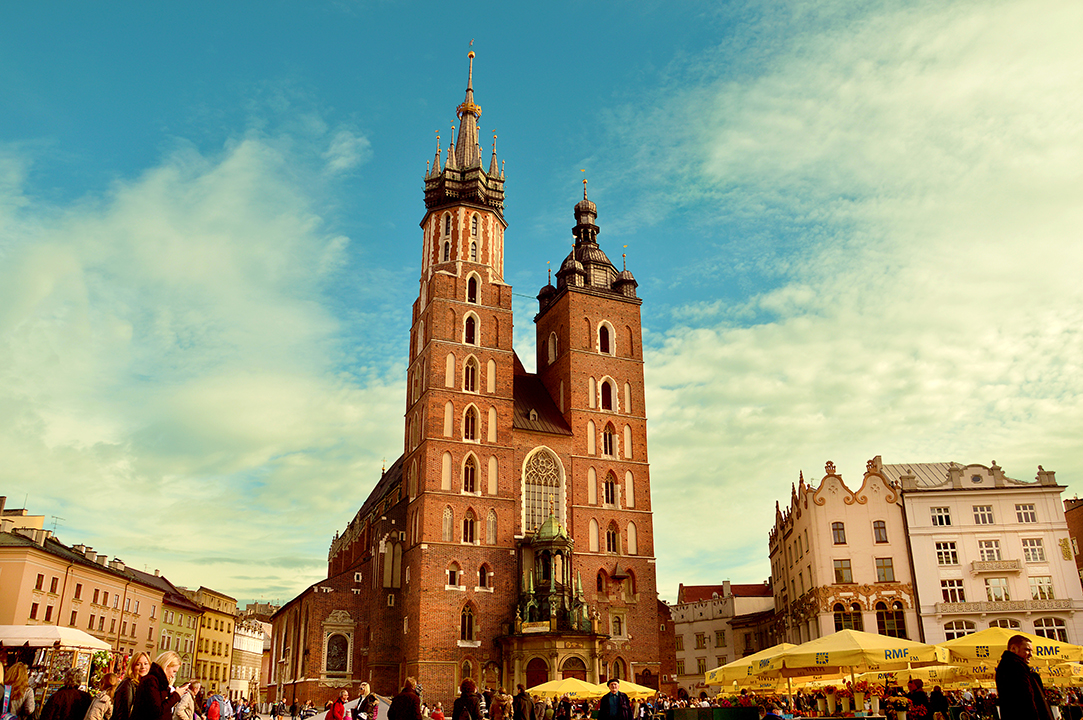
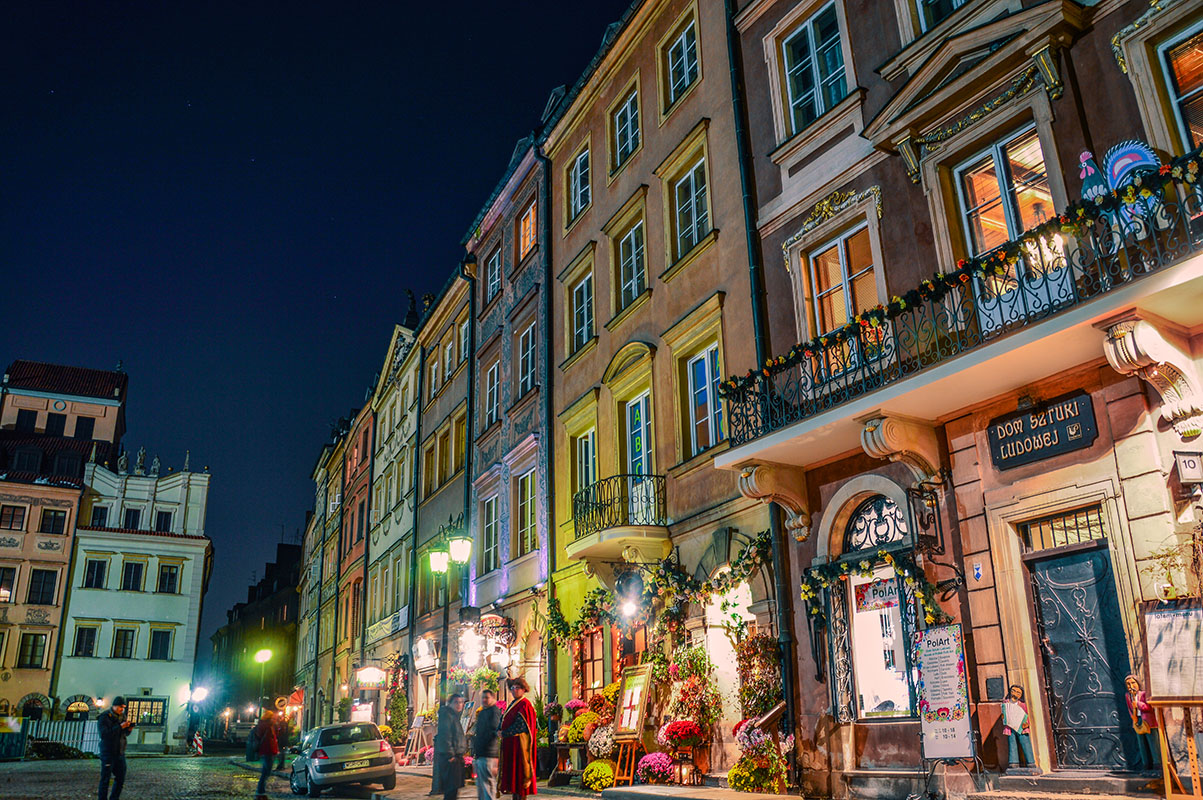
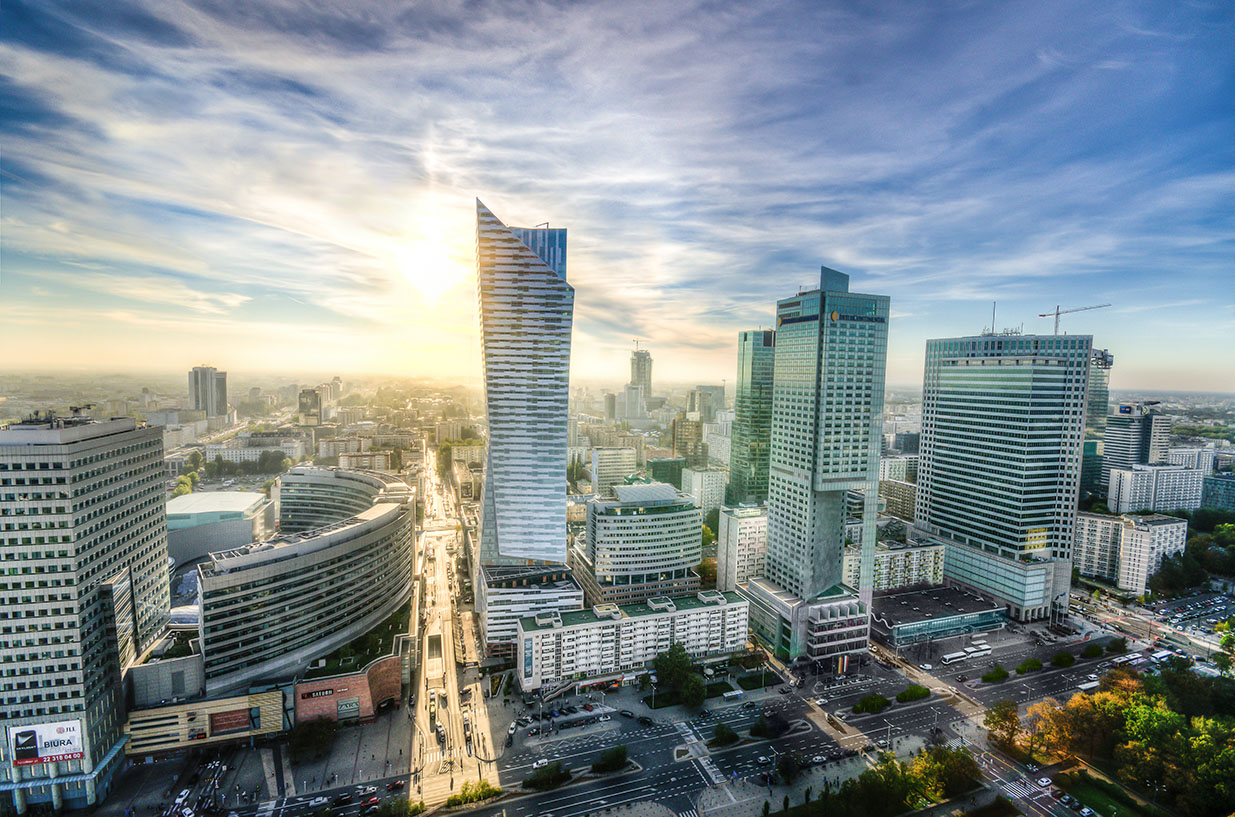
Cuisine
The traditional Polish cuisine can be quite peculiar at times, so not everyone is bound to like it. However, our pierogi are a hit among the students from abroad ;) They’re cheap, available in both the vegetarian and the meat version (which isn’t always the case with traditional dishes!). You can also find bigos, the carp, herrings, pickles, kaszanka (a type of blood sausage), chicken broth, schabowy, a poppy-seed cake, pączki (Polish doughnuts), faworki (angel wings cookies) and many more. For more details come to Poland!

From sea to mountains
It’s a sin not to go to the sea or to the mountains when in Poland. Unfortunately, a bath in the sea is only possible in the summer, but I can assure you that a walk along the Baltic coast on the sandy beach or watching the sunrise from the pier is something worth making your way up north. You can eat there a freshly caught fish for lunch and a sweet waffle for dessert. Where should you head exactly though? For sure to Gdańsk and Sopot, and from there take a ferry to Hel. What else? Well, it’s worth going along the coast to Motława. Another idea is to sit in a café near the Neptune Fountain, climb the tower of St Mary’s Church, or go to the Museum of the Second World War.
There are just as many attractions in the south of Poland. If you’re a passionate hiker, don’t forget to visit the Polish mountains: Tatras, Bieszczady and Karpaty. After spending a day climbing the highest peaks, go to a typical regional restaurant, try oscypek with cranberry, kwaśnica or a grilled trout. If you’re not a mountain lover, you can visit one of the thermal swimming pools: Termy Chochołowskie, Termy BANIA or Termy Bukovina.
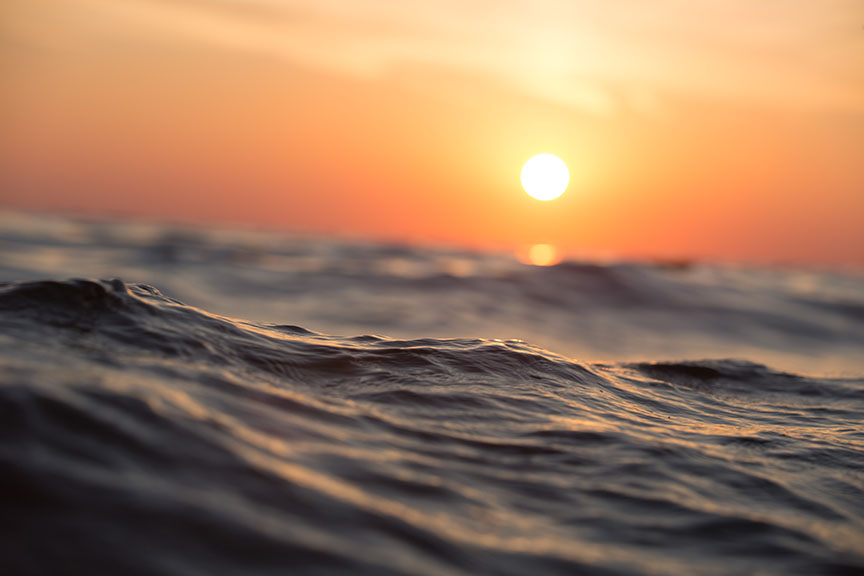
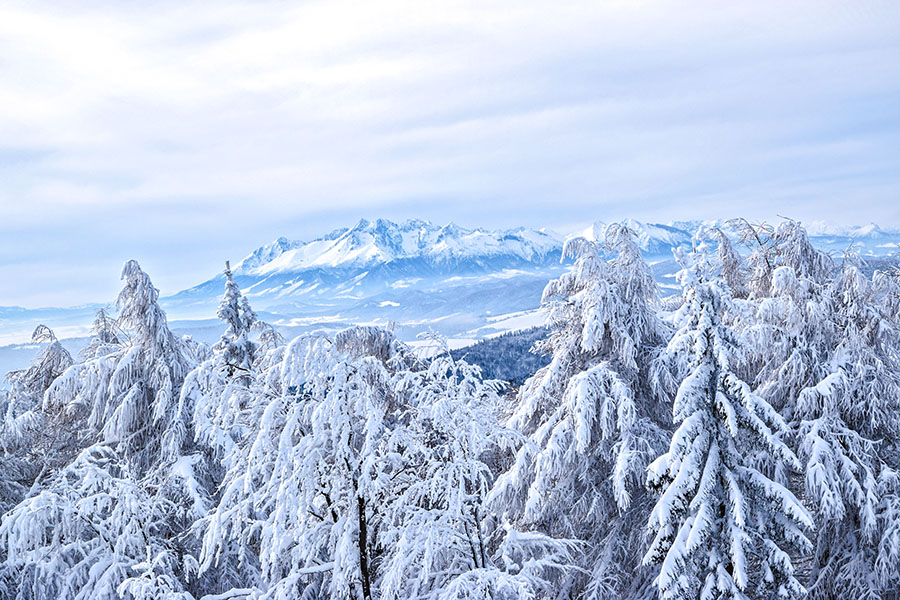
Life
It might seem strange to give times of day for meals, but despite appearances, every country has its own habits. In Poland, we eat 3-4 meals a day. In the morning, before or sometimes during work, we eat breakfast. Next in order is the second breakfast, usually something smaller to eat quickly around 11 am. We have lunch around 1-3 pm, it is a fairly large discrepancy, but everything is an individual matter and depends on the day. We eat dinner in the evening until 8-9 pm. But the most important thing is that we do not have siesta in Poland! All restaurants and shops are open from morning until evening. Already at 7 am we can find an open café or at midnight a still open restaurant. The situation is the same on the weekend or on holidays. Only during national holidays all shops are closed.
When moving around Polish streets, one should be very careful. Crossing when a pedestrian light is red is prohibited, even if there are no vehicles nearby. The person caught doing it is usually fined. It is also forbidden to drink alcohol in public places. However, in comparison to other countries, in Poland we will find shops where we can buy alcohol 24/7.
Despite the fact that it is not difficult to find people speaking in English in big cities, it may turn out to be a bit more difficult in smaller towns or among older people. Unfortunately, Polish language is not the easiest one, which is all the more reason why a foreigner who can say a few words or sentences in Polish deserves applause. What usually entertains and surprises foreigners is Polish dubbing on television. For most film productions, one person performs the voice-over and it does not matter if it's a female, male or children's role, in a romantic comedy or in a horror film.
As a greeting, the Poles kiss each other on the cheek three times, usually during family celebrations or meetings with relatives. However, when we meet someone for the first time, a handshake is customary. The deeper the relationship, the greater the openness and interaction between people.
Transport
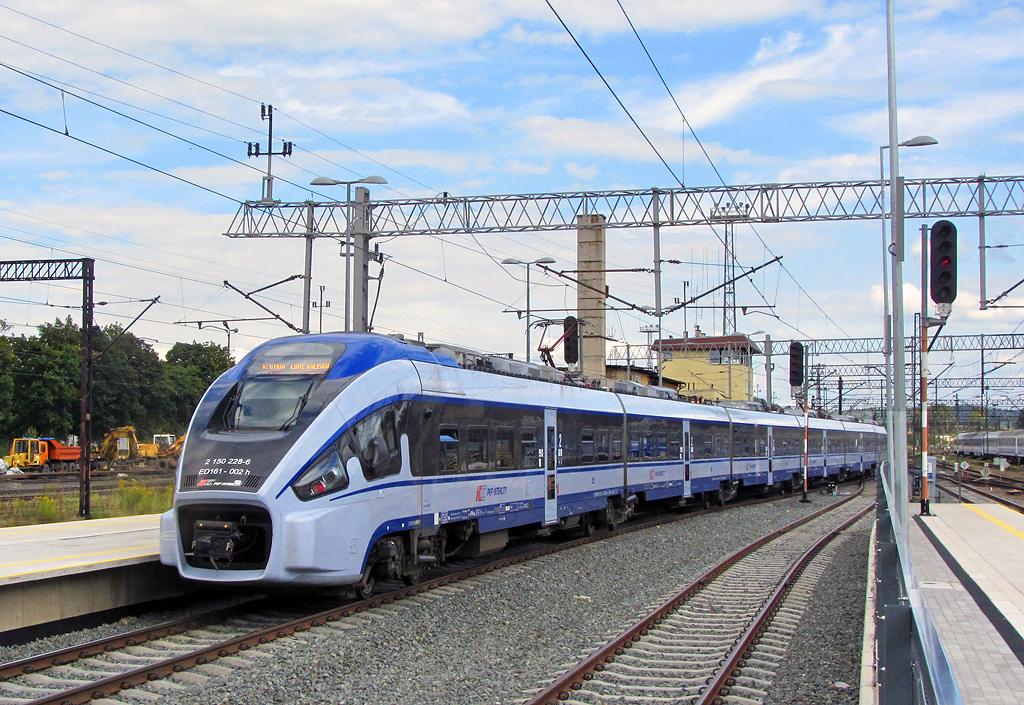
Public transport is very much dependent on the city. However, you'll find buses and trams everywhere. Subway (2 lines) is located only in Warsaw. One-time, one-minute or monthly tickets are available. Students up to the age of 26, with the presentation of the POLISH student ID, benefit from a 50% discount. Unfortunately, this discount does not work with the ISIC card. When coming to Poland for longer, it is best to equip yourself with a city card for a specific period of time, e.g. for a month, a semester or a year. This is definitely a cheaper option.
We strongly encourage you to travel all over Poland. Thanks to many transport companies it is easy and fast. Certainly, one of the most popular ones is the Polish State Railways (PKP), for which the same discount applies to students as for urban transport. The ticket can be purchased for PLN 20, e.g. on the Warsaw - Krakow route. Trains are rather convenient, since the stations are located in the very centre and are always well connected with the rest of the city. Another option is the so-called Polski Bus or its competitor Lux Bus. It runs to all Polish cities (and abroad to our neighbours) at an even lower price, from PLN 8 on some routes. However, the journey is longer. In our country the well-known BlaBlaCar service functions as well.
Useful links:
- public transport: jakdojade.pl
- trains: http://rozklad-pkp.pl/en
- Polski bus: http://www.polskibus.com/en/index.htm
- e-podróżnik: https://www.e-podroznik.pl
- BlaBlaCar: https://www.blablacar.pl
Holidays
According to the law, in Poland we have 13 state holidays, which are also days free from work. Due to this, almost all shops are closed. On holidays, only restaurants, bars or gas stations are open. Apart from these exceptions, all other days of the year, the shops are open from 7/10 am till 10 pm. More importantly, in our country there is no so-called siesta, so you do not have to worry about breaks in the functioning of the premises during the day :)
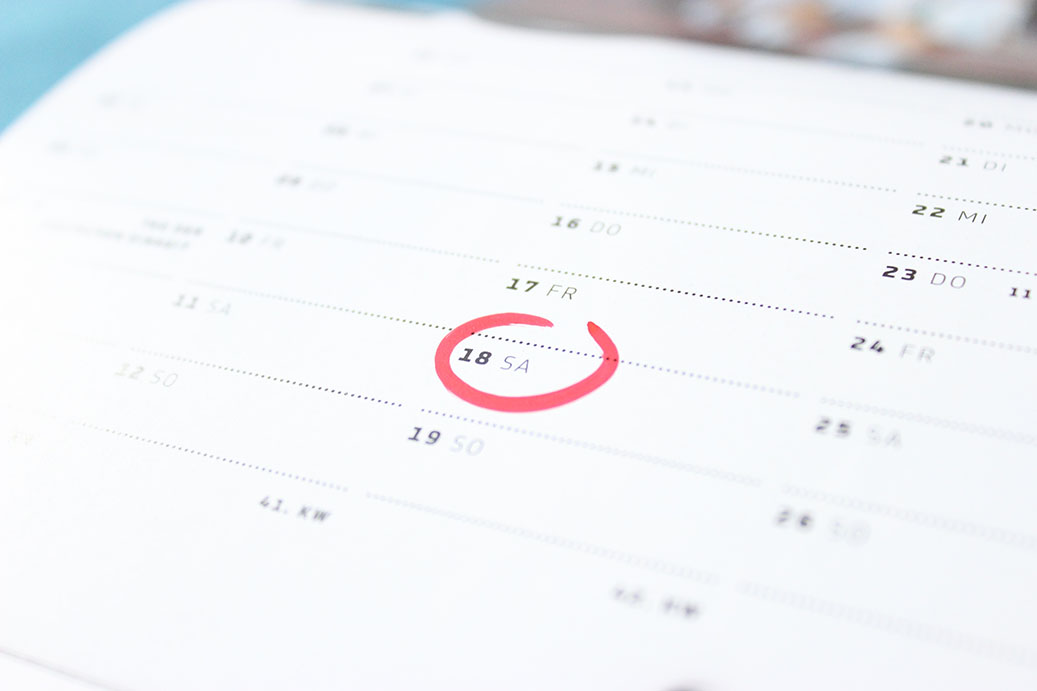
Public holidays:
- January 1 - New Year’s Day
- January 6 - Epiphany
- Easter Sunday - First day of Easter (moveable feast)
- Easter Monday - Second Easter Day (moveable feast)
- May 1 - National Labour Day
- May 3 – May 3rd Constitution Day
- The first day of Pentecost - on a Sunday (moveable feast)
- Corpus Christi - on a Thursday (moveable feast)
- August 15 - Assumption of the Blessed Virgin Mary and the Polish Armed Forces Day
- November 1 – All Saint’s Day
- November 11 - National Independence Day
- December 25 - the first day of Christmas
- December 26 - the second day of Christmas
Must have stuff
- umbrella
- rain jacket
- gloves, scarf, hat, winter jacket, warm boots / wellington boots (for the winter semester)
- Plug adapter for type E sockets
Would you like to get a helping hand at the beginning of your Erasmus if you have any problems? Be sure to find out if there is a section of Erasmus Student Network at your receiving university, apply for a mentor and attend the Orientation Week organised by ESN!
Authors: Izabela Szczerba, Klaudia Kubicz, Sonia Łomnicka, Basia Wiącek
Translated by Natalia Raksimowicz & Tomasz Witek
